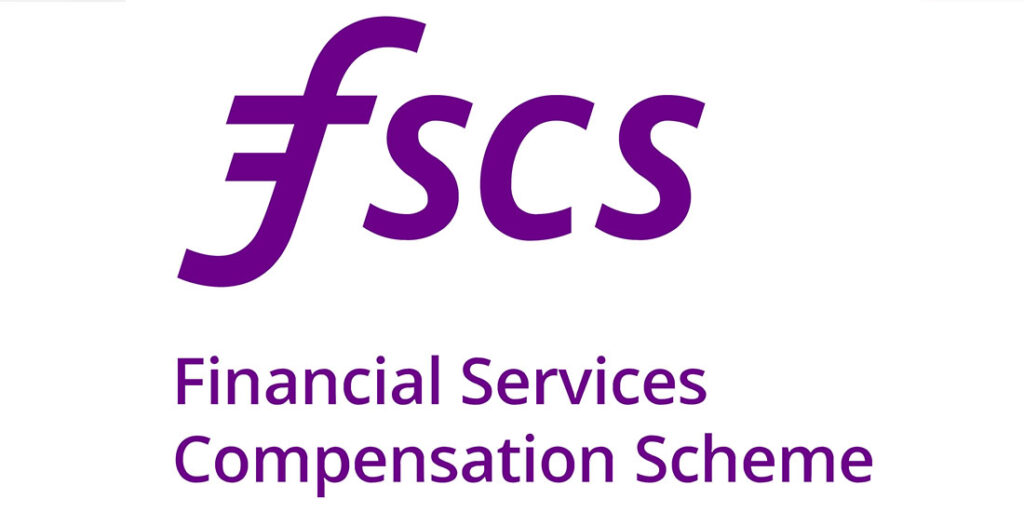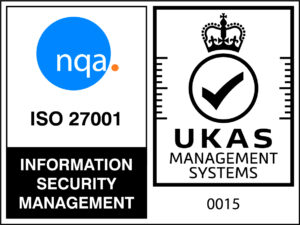
Open Banking 2018: Stay Ahead Of The Curve
The Open Banking initiative was launched by The Competition and Markets Authority (CMA) in January 2018 on behalf of the UK Government, to stimulate competition amongst financial providers. Research found that ‘larger banks do not have to compete hard enough for customers’ business, and smaller and newer banks find it difficult to grow and access the market’, therefore Open Banking was designed to make it easier for consumers to compare and switch providers.
Open Banking is a huge step forwards for UK FinTech companies, who are often able to deliver higher interest rates than banks but are still unfamiliar to many of us. As greater numbers of FinTech companies gain FCA authorisation, it will be much easier for customers to compare what’s on offer and ensure they get the best deal.
What is Open Banking?
In simple terms, Open Banking is a data-sharing initiative that gives FCA-regulated providers the right to share your financial data with other regulated firms, but only when you have given your permission for them to do so. At present, only the nine biggest high street banks are participating, but this number will grow exponentially as more firms strive to meet the authorisation criteria.
What does Open Banking mean for consumers?
In practice, Open Banking makes it easier for consumers to compare deals and switch accounts – think of apps that could scan your bank account for regular purchases and suggest retailers that offer the same product cheaper, paperless mortgage applications, and the potential to secure credit that is tailored to your financial circumstances.
How safe is Open Banking?
Open Banking applies only to FCA regulated firms, meaning that every firm that has access to your data is bound by strict rules and security procedures.
You’ll still need to give your permission for financial providers to share your information and retain the right to say no to firms you aren’t comfortable with.
Furthermore, you don’t have to give full permission for providers to access all of your data – for example, you may consent to give a budgeting app access to your current account, and they would not be able to view any other accounts you hold.
What does it mean for banks?
Many customers have already been tempted away from traditional bank savings accounts by products such as Innovative Finance ISAs, which typically offer much more competitive interest rates.
Although consumers have always had the option to diversify their money across any number of providers, for many of us, the idea of monitoring multiple accounts sounds like an unnecessary hassle. Open Banking will simplify the process of comparing and switching providers, forcing banks to be more transparent and deliver better deals for consumers or face losing business to up-and-coming FinTech companies.
If you’re keen to stay ahead of the curve, then great news – you don’t have to wait for Open Banking to come into effect to benefit from more competitive interest rates!
You could earn up to 7.2% interest pa gross* by signing up to Kuflink’s FCA-regulated FinTech platform today, where you can invest in peer-to-peer loans secured against UK property.
*Capital is at risk. Rate correct as of April 2018. You should seek independent financial advice.













